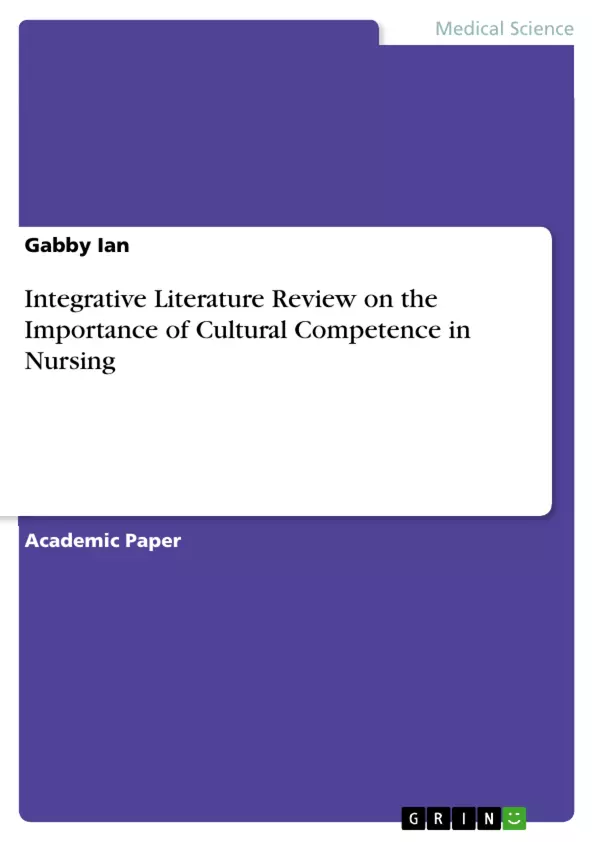The Nursing profession has been established as one of the dynamic and evolving fields that involve interactions with healthcare professionals and patients from diverse backgrounds. This target can only be achieved when nurses are trained on attending to all patients equally without prejudice and working in a multicultural society without any discrimination. This should begin from the core units where nurses are getting trained, especially in medical schools early enough so that when they finally get to work, they have the capacity to handle and work across different cultures and diverse backgrounds while maintaining respect for everyone regardless of the existing differences between them. In this regard, this paper seeks to conduct a critical literature review on the importance of cultural competence in the nursing profession.
Table of Contents
- Introduction
- Background of the Study
- Problem Statement
- Purpose of the Study
- Literature Review
- Methods with Discussion and Analysis
- Methodology
- Results and Findings
- Creating Cultural Competence within the Nursing Organization
- Nursing Implications
- Conclusions
Objectives and Key Themes
This paper provides an integrative literature review on the importance of cultural competence in the nursing profession. It aims to explore the benefits of cultural competence in nursing practice, highlighting its impact on patient outcomes and healthcare delivery.
- The significance of cultural competence in ensuring equitable and quality healthcare for diverse patient populations.
- The potential negative consequences of lacking cultural competence, including increased mortality rates, longer hospital stays, and financial burden.
- The importance of promoting cultural awareness and sensitivity in nursing education and practice.
- The benefits of culturally competent nurses in improving patient satisfaction, trust, and engagement.
- The need for ongoing professional development and training to enhance cultural competence among nurses.
Chapter Summaries
The introduction highlights the increasing importance of cultural competence in nursing, particularly in a diverse society. It emphasizes the need for nurses to be prepared to provide culturally appropriate care and to respect the unique needs and values of each patient.
The background section further explores the consequences of lacking cultural competence, citing studies that show increased stress, prolonged healing processes, and higher mortality rates among patients who do not receive culturally sensitive care. It also underlines the impact on healthcare costs.
The problem statement emphasizes the need for nurses to be culturally competent in order to work effectively with diverse patient populations. It explores the challenges associated with nurses who are not culturally sensitive and the potential negative implications for patient care.
Keywords
The primary keywords and focus topics of this text include cultural competence, nursing, healthcare, diversity, patient outcomes, cultural awareness, sensitivity, equity, quality care, and professional development. The text explores the significance of these concepts in improving nursing practice and patient care in a multicultural society.
Frequently Asked Questions
What is cultural competence in nursing?
It is the ability of healthcare professionals to provide quality care to patients from diverse backgrounds while respecting their unique values and beliefs.
Why is cultural competence important in healthcare?
It ensures equitable treatment, reduces mortality rates, improves patient satisfaction, and leads to better overall health outcomes.
What are the risks of lacking cultural awareness?
A lack of competence can result in increased stress for patients, prolonged healing processes, and a higher financial burden on the healthcare system.
How can nurses improve their cultural competence?
Improvement comes through specialized training in medical schools and ongoing professional development focused on sensitivity and awareness.
What is the impact on patient trust?
Culturally competent care fosters trust and better engagement between the nurse and the patient, which is crucial for effective treatment.
- Quote paper
- Gabby Ian (Author), 2020, Integrative Literature Review on the Importance of Cultural Competence in Nursing, Munich, GRIN Verlag, https://www.grin.com/document/1044995



